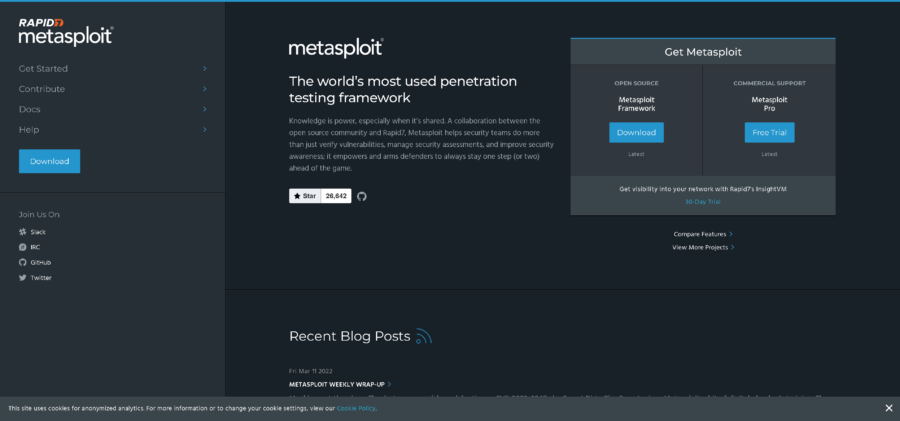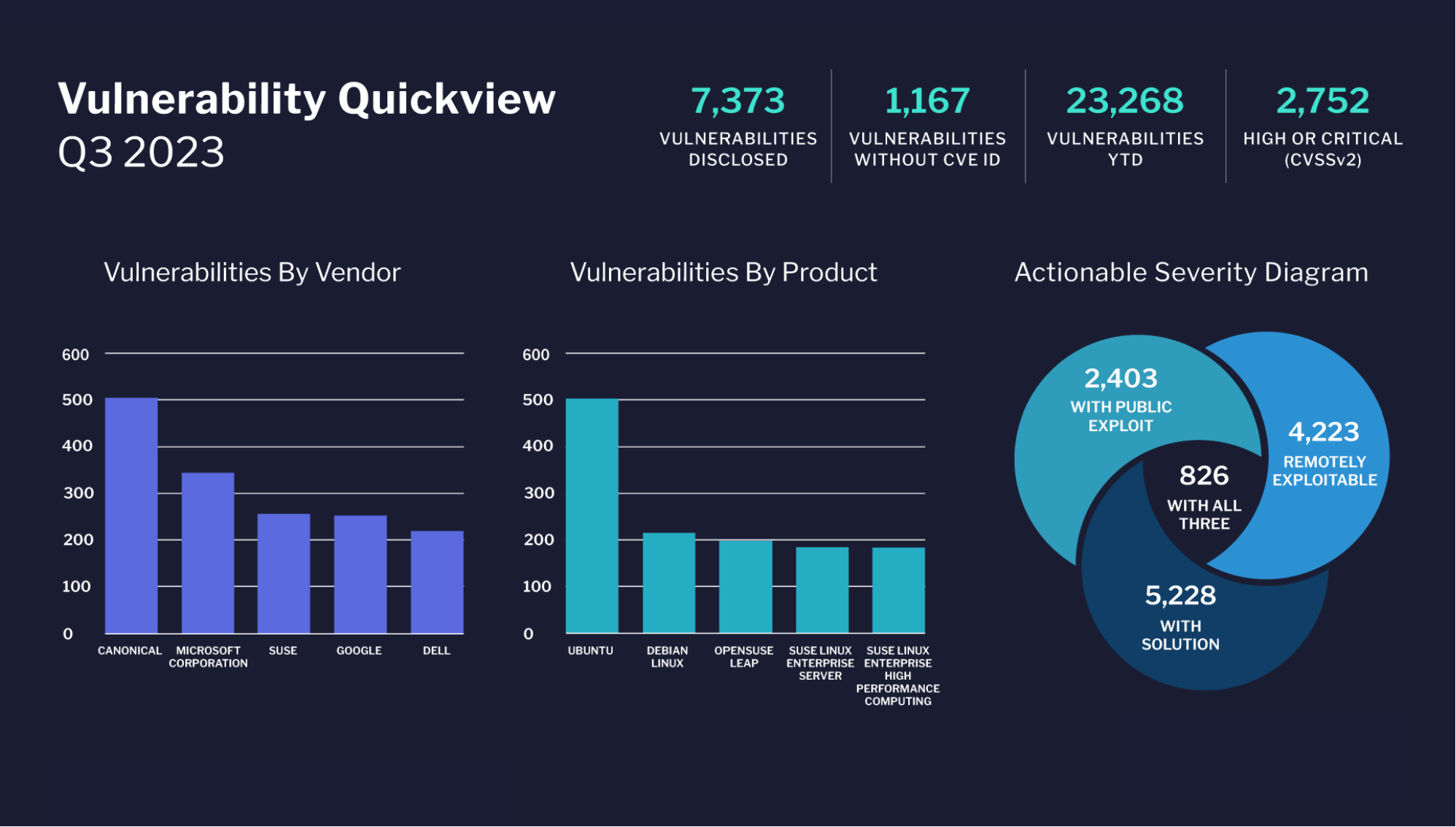The explosion in AI technologies has brought with it clear concern that easy answers and intelligent copywriting are now the domain of machines. This has led to the question of whether there is any point to getting enough education to write similar reports or to even think like an IT pro at all. The reasoning goes, “isn’t all the information that is needed already available?”
Actually, it has been for quite a while. Before AI chat bots, there were search engines like Google which, since 1998 or so. have been consolidating all the information of the world. Before that, there were books and encyclopedias. All the information needed to work in any industry has always been available. It’s just much faster now. The question is, how will people use it?
Information does not equal knowledge. And knowledge alone does not equal wisdom. Each builds on the other. As information-packed as AI bots appear to be, they do not have the capacity to read a situation and know what to do. Artificial intelligence, augmented reality, and other intelligent tools are just that: they are tools. They are as valuable in the hands of an IT professional as a wrench is for a plumber and a scalpel is for a surgeon.
Professionals bring higher-level skills and strategic thinking to the table. They combine their knowledge and learning with intuition, experience, perspective, and empathy. These are the elements that turn a person into an expert.
How does someone become that kind of highly prized expert? It starts with receiving up-to-date education – the type being developed and delivered by institutions that are already well-known for understanding the technology of business – institutions like MIT Sloan as well as some universities. They deliver courses that are shorter, more intense and frankly, more relevant to the needs of today’s IT professional than those found in multi-year university programs. These shorter programs are there to help busy professionals learn the exact skills needed today and tomorrow. They represent the future of education, and therefore they become the future of organizations.

As an example of the payoff of short, intense courses, let’s look at one of the chief villains of business today: cybercrime. Activities like phishing, deepfakes, and social engineering remain as the most predominant and successful attack vectors available to cybercriminals. That’s because there’s a human element involved. Criminals focus on tricking people because it’s easier than trying to break into a fortified network. Unfortunately, strategies around protection against human-focused cybercrime are based in large part on decision-making and management techniques that belonged to a different, slower and less interconnected time. Too many senior business leaders still have a hard time understanding the innovative adaptability of the sophisticated cybercriminal. This leads to inadequate budgets for IT departments and a profound lack of understanding of cybersecurity.
Many managers and senior managers simply don’t get it. Out of many examples of this, we can look at activities around working from home, something that grew very quickly during the “peak” of the Covid-19 first wave, in which employees everywhere were told to work from home for the time being. How much attention was given over to establishing secure connections between employees’ home computers and their employers’ networks? Not nearly enough. How much training was developed and deployed? Again, not enough.
Companies and organizations need people who are up to date with current techniques and events. The problem is that most forms of higher education use programs that are already more than five years old at a time when five years is a really long interval. Even when people have received up-to-date education, once they have spent more than five years after graduation, in full time work, and with no opportunity to take additional learning outside of a company’s own internal training sessions, their skills will atrophy or simply go stale.
What people need is the opportunity to keep pace through ongoing lifelong learning – contemporary education delivered in time slots and packages that professionals can blend into their already busy lives. Few people even have the time anymore to commit to full-time schooling, but these are skills that can mean the difference between success and failure in modern enterprise – not just in cybersecurity, but in strategy, management, marketing, and more. Every element of business today relies on up-to-date knowledge and wisdom.
This is what we at GetSmarter believe in. People the world over deserve access to the type of education and skills development that will benefit them and their employers immediately, and we have made it our mission to ensure that these people get that access, on their own time and in a way that best fits. Of course it’s up to each of us to decide if such a system is truly a fit, which is why we invite you to take a closer look at GetSmarter and decide for yourself.
Here are some courses you might be interested in right now:
Artificial Intelligence: Implications for Business Strategy – https://www.getsmarter.com/products/mit-sloan-artificial-intelligence-implications-for-business-strategy-online-program
Digital Business Strategy: Harnessing Our Digital Future – https://www.getsmarter.com/products/mit-sloan-digital-business-strategy-harnessing-our-digital-future-online-short-course
Chief Technology Officer Program – https://www.getsmarter.com/products/ie-university-chief-technology-officer-program
Cybersecurity Risk and Strategy – https://www.getsmarter.com/products/imd-cybersecurity-risk-and-strategy-online-program
Branded series by GetSmarter
By Steve Prentice





